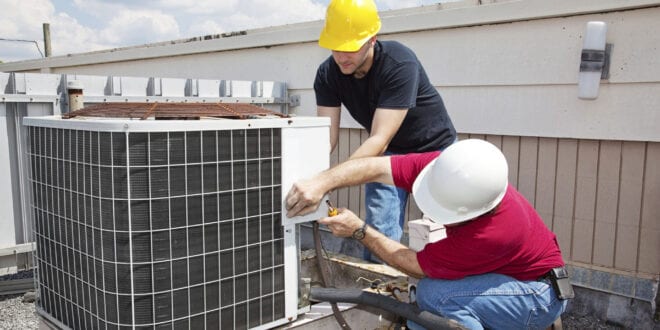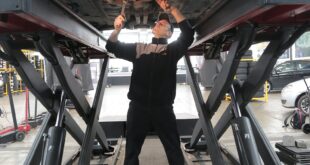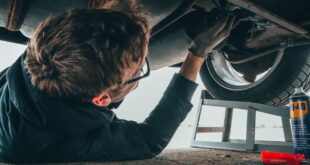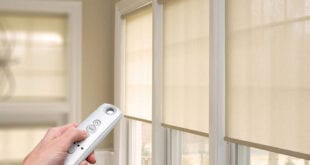Have you noticed a spike in your electricity bill lately? Do you have the suspicion that it might be your heating, ventilation, and air conditioning system? Well, if you haven’t done any maintenance lately, the chances are that you might just be right. So how do you remedy this situation? You’ve come to the right place to find just the perfect tips for you.
To understand how you can save by reducing your heating and cooling bill, it helps to know more about your specific system and how you can make it function at its top shape. After all, a faulty HVAC is more of a problem than just a spike in your electricity bill. You might end up shelling out more for repairs. So, as the famous saying goes, prevention is better than cure; and this article will help you determine how you can save your hard-earned money.
Troubles Causing Your AC to Drain More Power
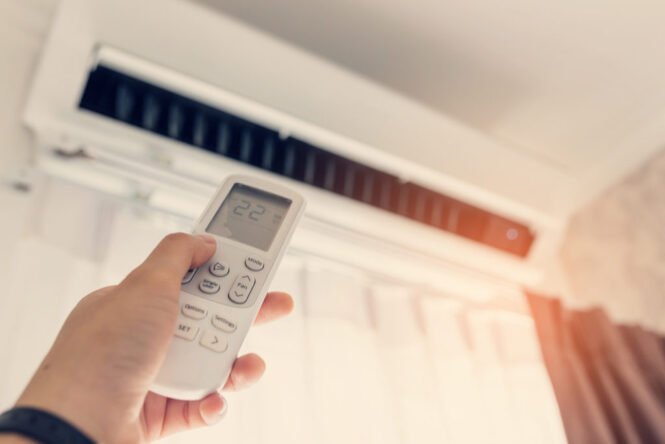
Naturally, the first thing you should ask yourself is: why is my system using more power? Ideally, you consult a professional for this, but nothing should stop you from determining the answer on your own. When you finally do confirm that it’s your HVAC, you’ll have to look at some of the factors that are making it drain more power. As it drains more power, the higher your electricity bill shoots up. Let’s discuss these factors one by one:
- Age
- Clogged air filter
- Motor troubles
- Thermostat malfunction
- Leaks in the ducts
It comes without saying that the older your HVAC gets, the less efficient it becomes. This doesn’t only affect how cold or how hot the air is and how well it regulates the temperature; but also affects how much energy it consumes to run. HVACs typically run an average lifespan of 10 to 20 years. Maintaining it at least twice a year can help its longevity and also save you a lot of money from minor repairs and little faults that will likely make it consume more power. However, there comes the point where getting a new HVAC is better; and this usually happens when repairs cost more than the HVAC or at least a year’s worth of maintenance.
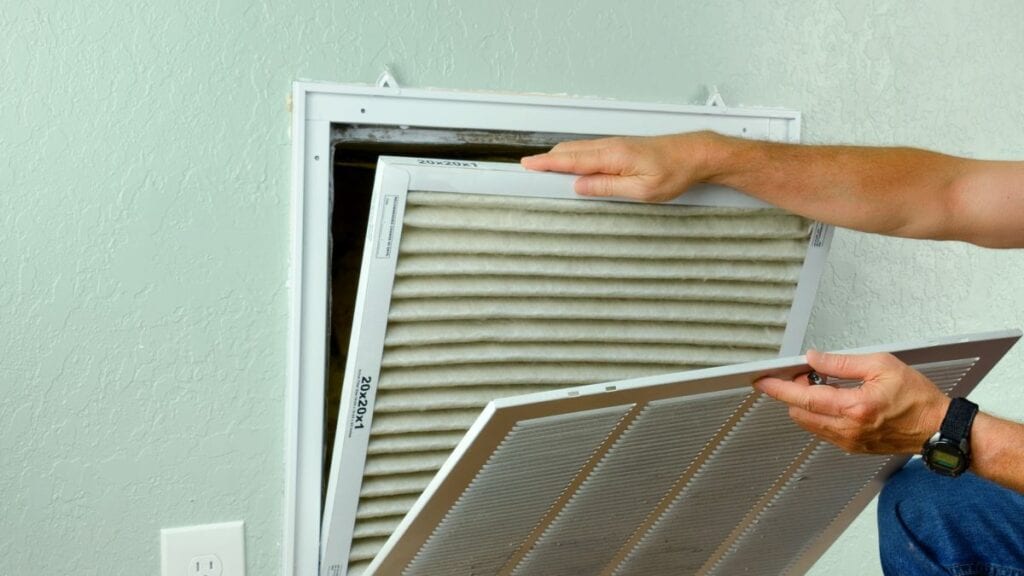
Clogged HVAC filters can do significant damage to the entire system that will eventually need a major repair. Several parts of the HVAC, such as the air conditioner, heat pump, and gas furnace, require a proper amount of airflow to operate right. When the airflow is clogged, the system’s blower works harder to supply the needed airflow to the heat exchanger or the coil. The result is a higher consumption of power and a blower that wears down faster. This can also cause your HVAC to stop cooling or heating, freeze over, and cause major mechanical issues. That’s why you must regularly clean the air filters and regularly replace them.
One of the most common parts that need repair is the motor. As with many of the repairs, it’s ideal to call a professional to handle these sorts of problems. However, nothing should prevent you from noticing the telltale signs of motor trouble. You know something’s wrong when you’re starting to hear humming sounds or other unusual noises from the HVAC. You should also be alerted when it starts to shut down or starts running intermittently. One of the first signs you can notice is when no cold air is coming through. All these could be caused by faulty blades running or overheating. An HVAC requires regular maintenance; specifically, its motor should be clean and well-lubricated. Naturally, it starts to gather dust and grime, making it wear down faster. It runs the risk of burning out entirely unless you have it checked as soon as possible.
Now, imagine you’re relaxing at home. It’s really hot outside so you decided to turn the HVAC on and get some cool air. Unfortunately, it’s not responding to the thermostat, or worse, it doesn’t turn on at all. The HVAC system might even turn off immediately, or the thermostat suddenly loses its programmed settings. It sounds like so much of a bother in the middle of a hot day, isn’t it? Understandably, you probably don’t want to deal with that. What you could be experiencing is a thermostat malfunction. Before you call in a professional, you can check the screen, batteries, and settings. You can even look at the circuit breakers and thermostat location. You know when it’s time to call in a professional like David from jlcoolingandheating.com
Leaks in the Ducts
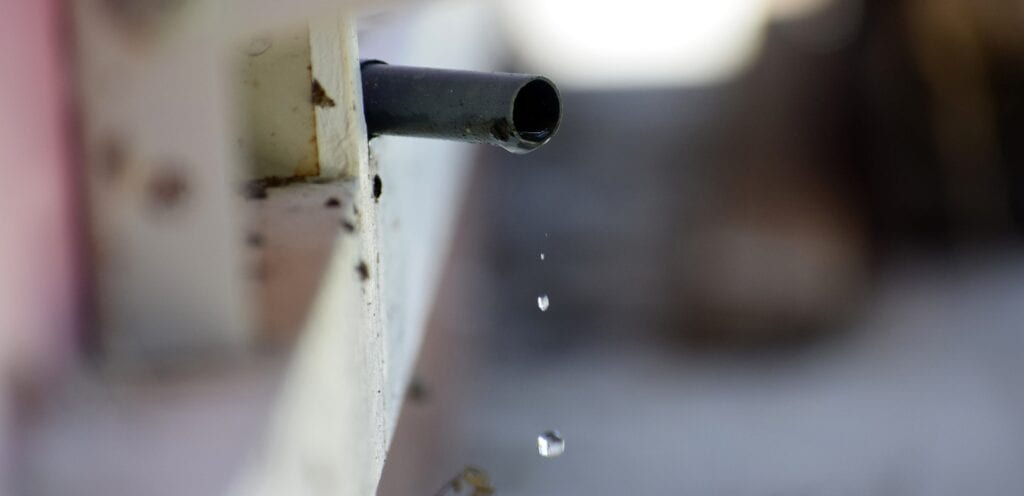
Now that you’ve been acquainted with several problems that could damage cause damage and as a result, spike your electricity bill, it’s time to delve into the main problem this article is trying to solve: leaks and other damage to the ducts. Like clogged air filters, this will decrease the amount of air that flows to some of the vital parts of the HVAC system such as the coils, blowers, and heat exchangers. There are several leakages to watch out for. One could be supply leakage, where the airflow to the desired room or spaces is decreased. Equipment leakage, which refers to the decrease of airflow to the components of the HVAC such as coil and furnace cabinets. Finally, return leakage, where unconditioned air flows back to the equipment. All these leakages force the rest of the HVAC to work harder to regulate the temperature. As a result, it consumes more power.

When the ducts are clean, there are no obstacles that impede the airflow rate. It will be smooth sailing throughout. Thus, reducing the amount of power needed to circulate air. This improves indoor air quality, reduces pollution, and promotes better health. It also maintains comfortable air temperatures and reduces running and repair costs. How can you achieve this? Here are some helpful tips:
- Change filters regularly
- Use the highest efficiency air filter
- Clean cooling coils and drain pans
- Pump with vacuum the vicinity regularly and clean off specks of dust from spaces
 Imagup General Magazine 2024
Imagup General Magazine 2024
